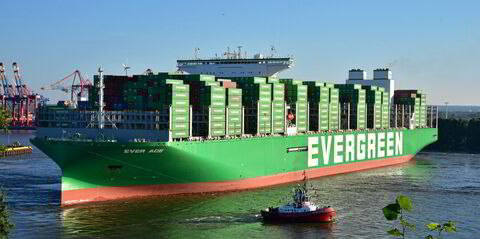State-owned Argentinian oil company YPF is stepping up its big new $2.5bn crude pipeline project that will boost tanker exports of Vaca Muerta (Dead Cow) shale oil.
The company has received environmental authorisation for the Vaca Muerta Sur line and is now seeking bids from contractors to build it, Max Westen, YPF’s head of strategy and business development, told an earnings call.
CE NoticiasFinancieras reported the executive as saying: “The environmental permit is a key milestone and we are in talks with the rest of the oil industry. There is a lot of interest in participating.”
Pipeline capacity is the main bottleneck holding back Vaca Muerta.
Crude shipments are seen as one of the quickest ways to generate the billions of dollars a year that Argentina needs for economic recovery.
The pipeline is expected to transport 180,000 barrels per day by 2026 and eventually reach a capacity of 700,000 bpd.
A new terminal on the Atlantic coast could export cargoes on VLCCs and suezmaxes, according to UK shipbroker Gibsons.
“Vaca Muerta Sur is the most competitive evacuation route to monetise crude in Vaca Muerta,” Westen said, adding, “That’s why YPF is giving it priority over any other project.”
YPF’s net shale oil production in the first quarter reached a record 112,000 bpd, an increase of 3% versus the previous quarter.
Gibsons has said the new project makes the country worth watching in terms of tanker demand.
Drilling activity in the Vaca Muerta region of Patagonia resumed in 2021 after a brief pause in 2020 and there have been steady increases in exploration activity since then.
Further gains are expected, with 1m bpd in sight by 2028, Gibsons believes.
As capacity expands, most of the incremental barrels are likely to be shipped out, the London shop said.
Most Argentinian crude is now loaded onto panamaxes in Puerto Rosales or onto suezmaxes at Caleta Cordova.




